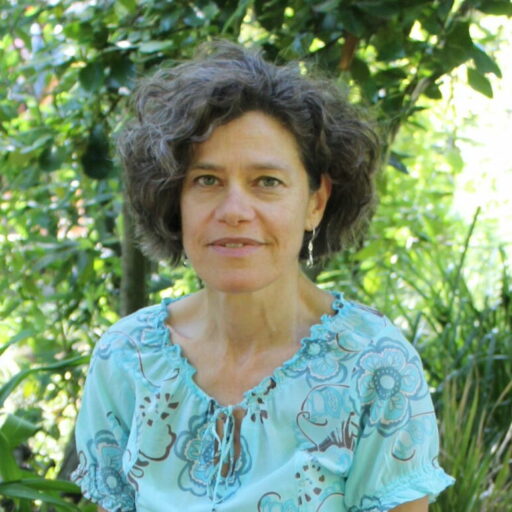Couple Psychotherapy
In our Western culture, we are dealing with the woes of the ‘fusion model’: the illusion that when two people get together, ‘2 becomes 1’. Love keeps us together, very close, at times merged together in bliss. Initially, we are drawn to each other because we are different and this is very enticing. After a while, the novelty wears off and we get disappointed and hurt, and we wish the other was more like us and understood us better. Differences can become a threat to the relationship and we don’t know how to handle them. In the long term, we become disconnected. The relationship is no longer nurturing and we may look elsewhere to feel whole again.
In Gestalt Psychotherapy, differences are valued. A healthy relationship reflects a need for meaning; the need for me to be connected to something other than myself. The basic human dilemma is how to be connected with an ‘other’ and stay myself. This is a process we deal with throughout life. For this to happen, movement is required, oscillating between ‘closer’ and ‘further apart’, ‘together’ and ‘separate’, ‘merged’ and ‘individuated’. The lack of movement is the problem; we may be stuck in fusion (‘2 becomes 1′) or withdrawal (2 people living parallel lives never fully engaging with each other). We may be afraid of either feeling engulfed or abandoned. The rhythm of the dance is linked to the ability of each person in the couple to self-regulate, i.e. the ability to ‘stand-alone’ and feel one’s own inner strength, to then be able to come together. The differences are not a threat to the relationship, but colourful, exciting and stimulating components in the ‘dance of intimacy’.
My role as Therapist is to observe what is going on in your relationship, how you are dealing with life issues as a couple. It is not so much what the issue is, but how, you as a couple, share the dilemma. For the relationship to be alive, each person has to show up, be present, risk being themselves and come to terms with the illusion that the other is the same as me. As with individual psychotherapy, I will support the full expression of each person’s experience so that differences are allowed, appreciated and a source of excitement and movement. I will encourage curiosity, authenticity and mutual respect. I will use self-awareness and experiments, similarly as in individual therapy, to invite new creative ways of being in the relationship.
